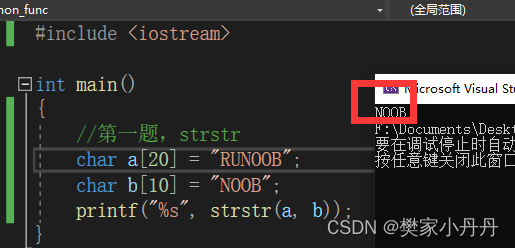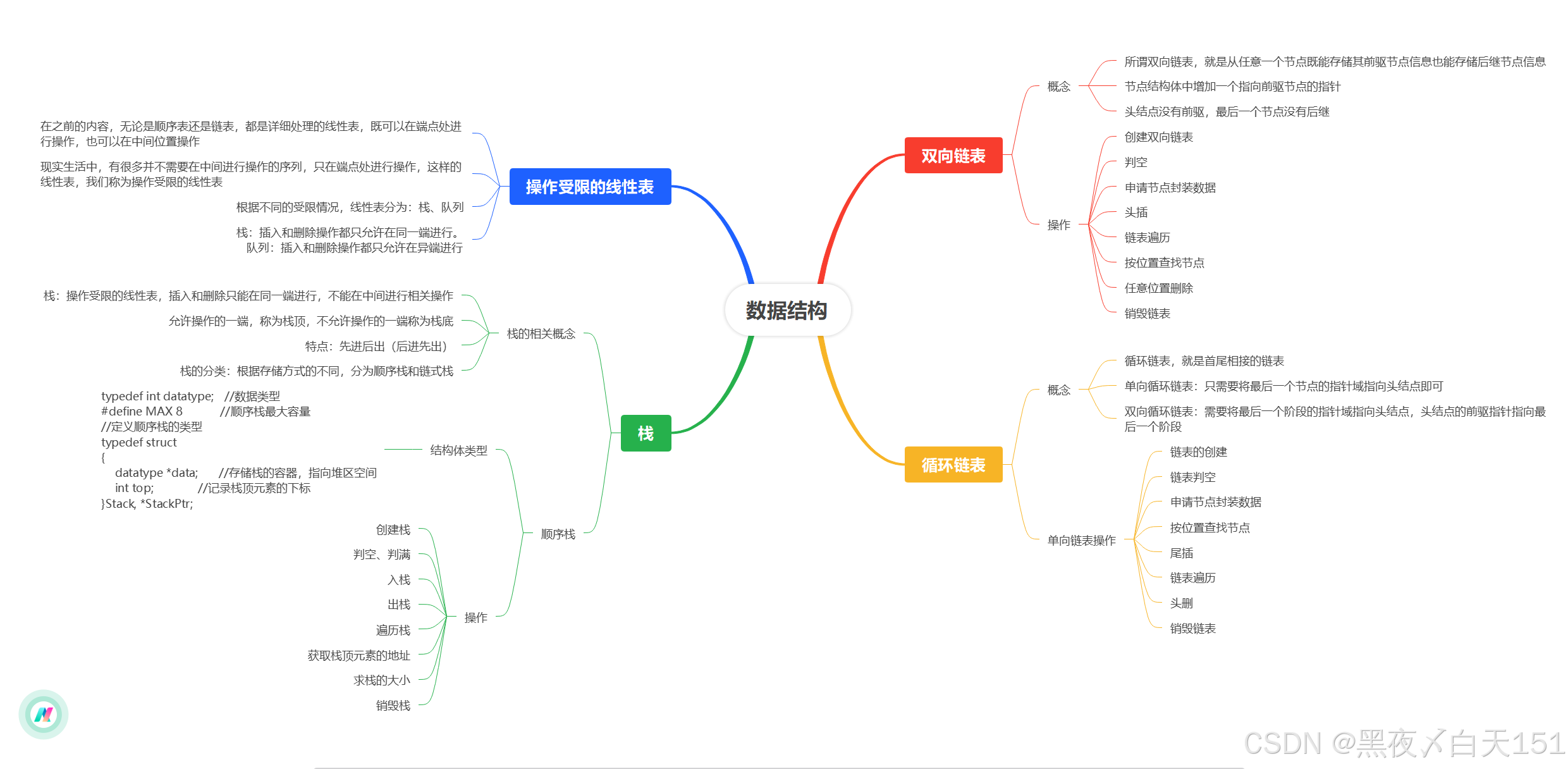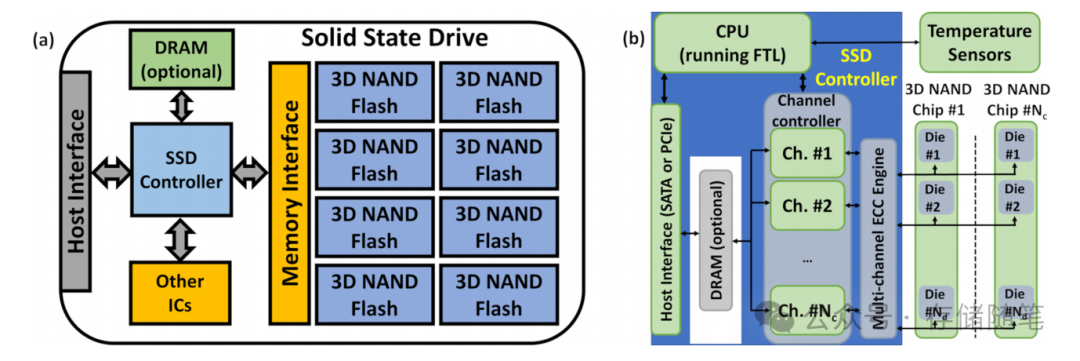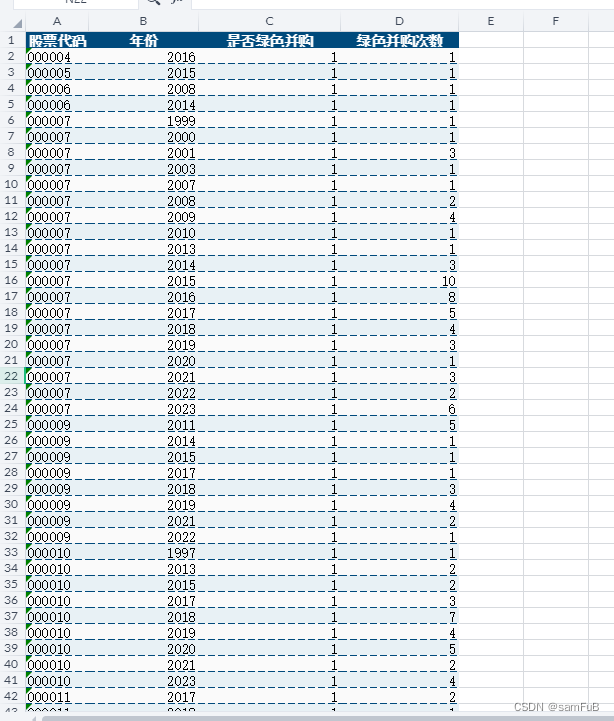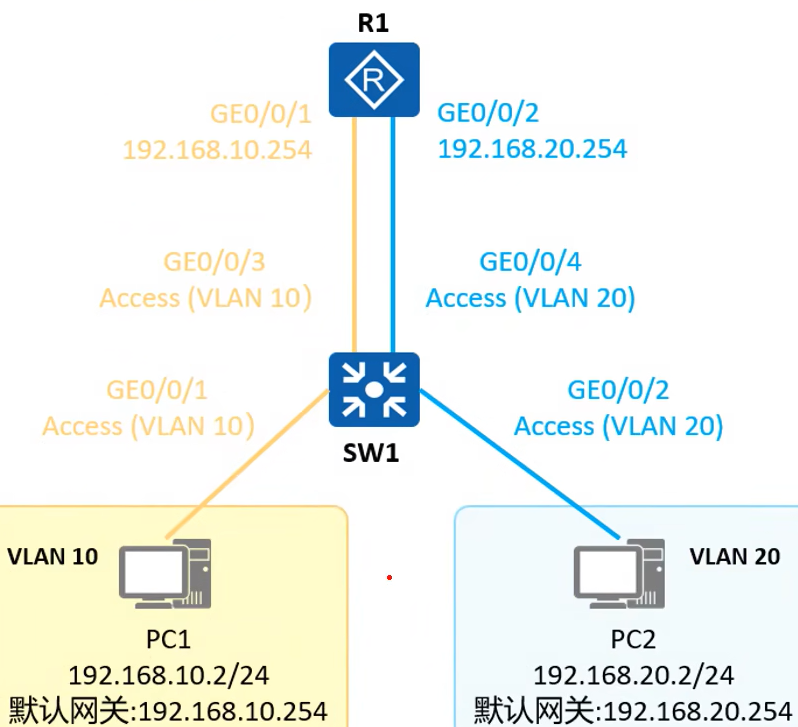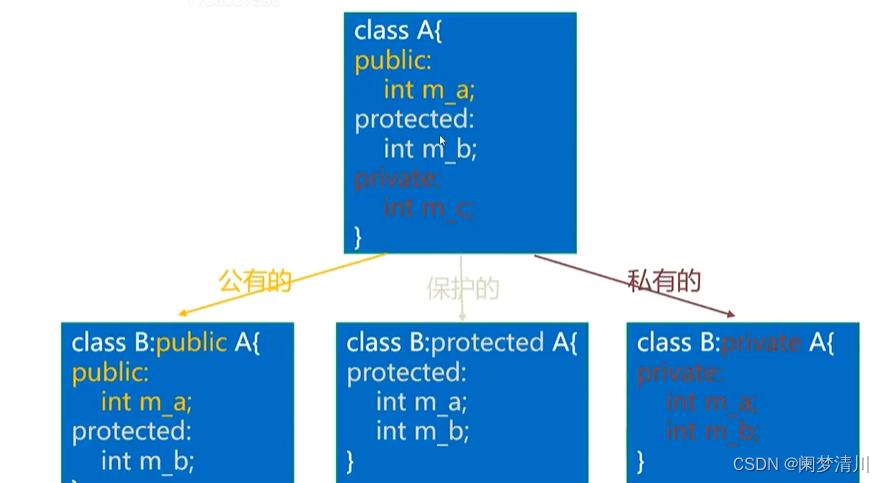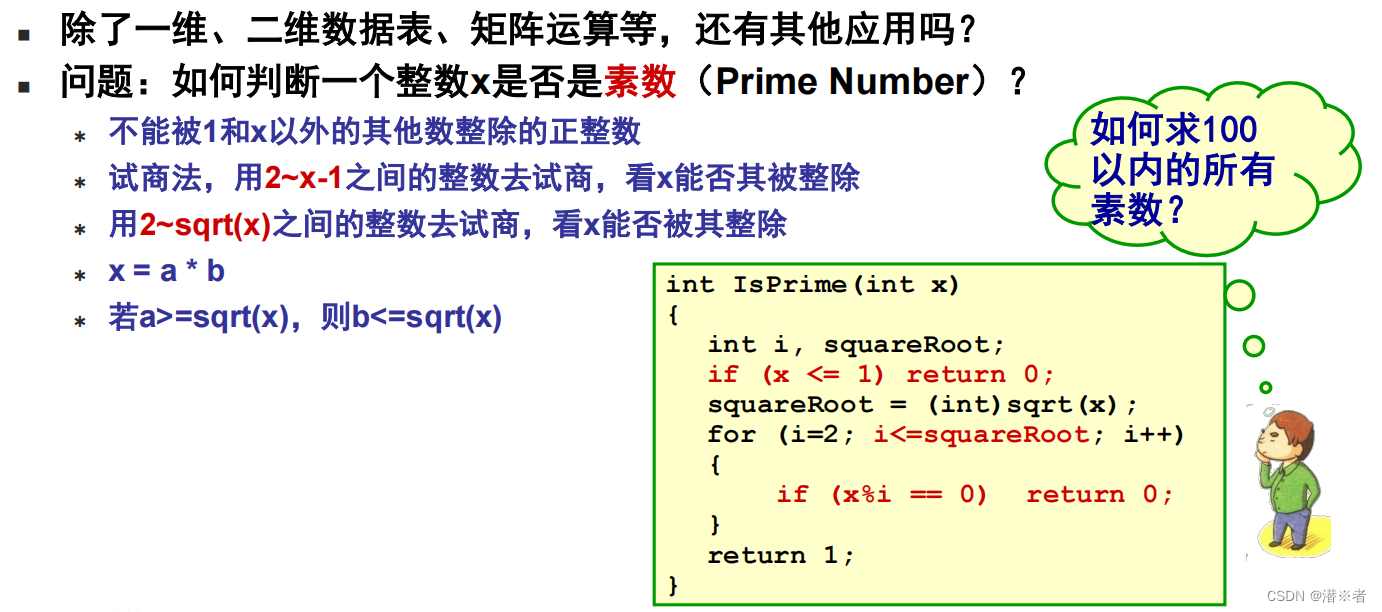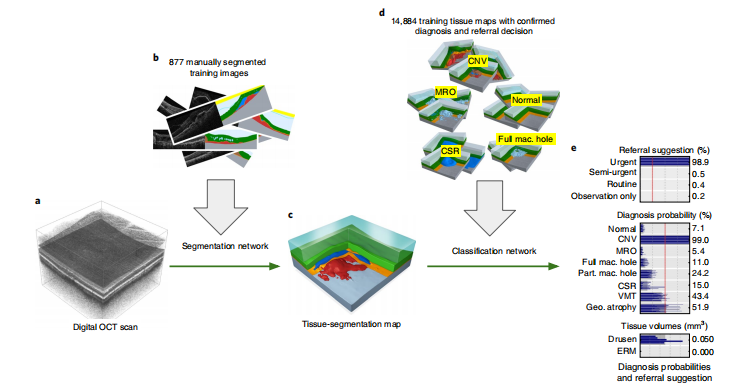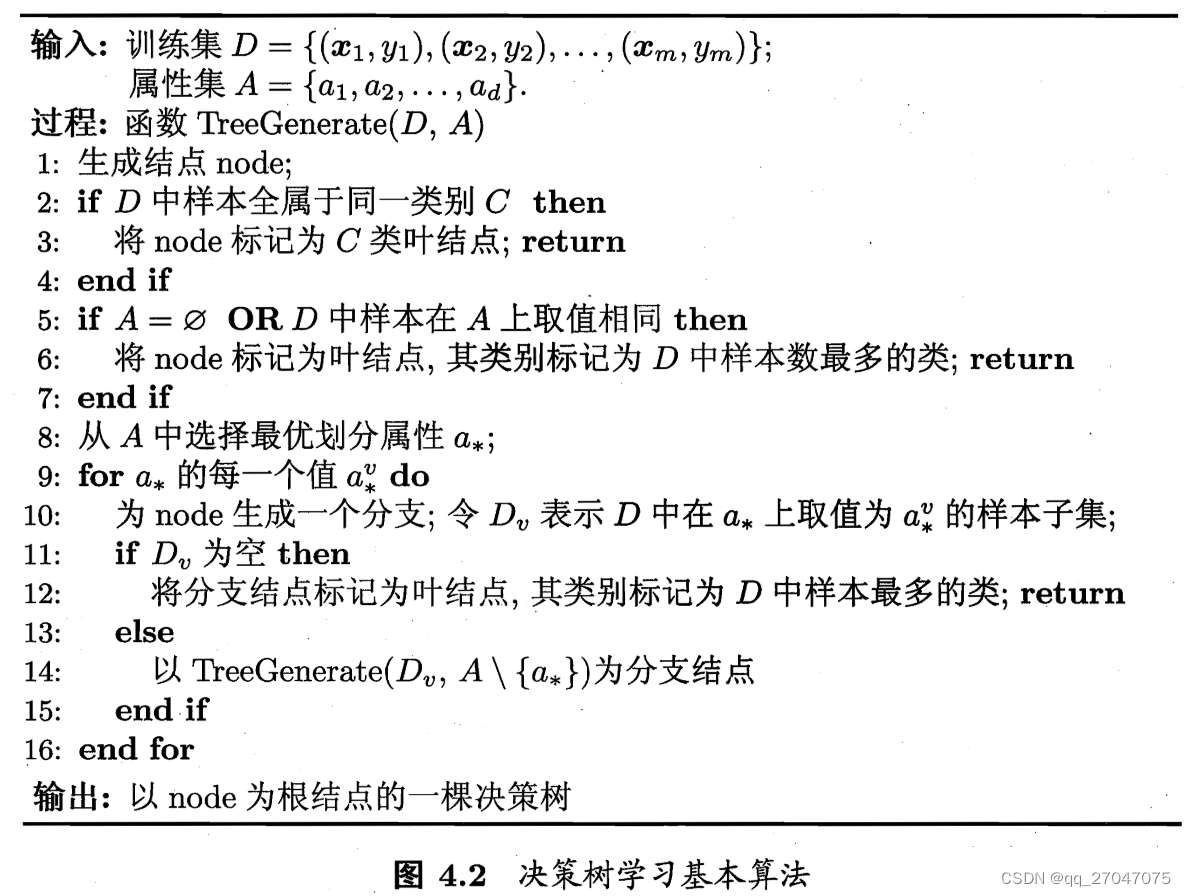C 标准库提供了许多字符串处理函数,可以用于操作 C 风格的字符串(以 \0 结尾的字符数组)。
strcpy 和 strncpy
strcpy
strcpy 将源字符串复制到目标字符串,包含终止符 \0。
#include <iostream>
#include <cstring>
int main() {
char source[] = "hello world";
char destination[50];
strcpy(destination, source);
std::cout << "Destination: " << destination << std::endl;
return 0;
}
- 优点:简单、直观。
- 缺点:如果目标数组长度不足,会导致缓冲区溢出。
strncpy
strncpy 是 strcpy 的安全版本,它会复制最多 n 个字符,并确保目标数组不会溢出。如果源字符串长度小于 n,目标字符串会被填充 \0。
#include <iostream>
#include <cstring>
int main() {
char source[] = "hello world";
char destination[50];
strncpy(destination, source, sizeof(destination) - 1);
destination[sizeof(destination) - 1] = '\0'; // 确保以 '\0' 结尾
std::cout << "Destination: " << destination << std::endl;
return 0;
}
- 优点:可以防止缓冲区溢出。
- 缺点:需要手动添加终止符。
strlen
strlen 用于计算字符串的长度,不包括终止符 \0。
#include <iostream>
#include <cstring>
int main() {
const char* str = "hello world";
size_t length = strlen(str);
std::cout << "Length of string: " << length << std::endl;
return 0;
}
- 优点:简单、快速。
- 缺点:如果传入的不是以
\0结尾的字符串,会导致未定义行为。
strcmp 和 strncmp
strcmp
strcmp 比较两个字符串,返回值:
- 0:两个字符串相等
- 小于0:第一个字符串小于第二个字符串
- 大于0:第一个字符串大于第二个字符串
#include <iostream>
#include <cstring>
int main() {
const char* str1 = "hello";
const char* str2 = "world";
int result = strcmp(str1, str2);
if (result == 0) {
std::cout << "Strings are equal." << std::endl;
} else if (result < 0) {
std::cout << "str1 is less than str2." << std::endl;
} else {
std::cout << "str1 is greater than str2." << std::endl;
}
return 0;
}
strncmp
strncmp 比较两个字符串的前 n 个字符。
#include <iostream>
#include <cstring>
int main() {
const char* str1 = "hello";
const char* str2 = "heaven";
int result = strncmp(str1, str2, 3);
if (result == 0) {
std::cout << "First 3 characters are equal." << std::endl;
} else if (result < 0) {
std::cout << "str1 is less than str2 in the first 3 characters." << std::endl;
} else {
std::cout << "str1 is greater than str2 in the first 3 characters." << std::endl;
}
return 0;
}
strcat 和 strncat
strcat
strcat 将源字符串追加到目标字符串的末尾,目标字符串必须有足够的空间来容纳追加的内容。
#include <iostream>
#include <cstring>
int main() {
char destination[50] = "Hello";
const char* source = " world";
strcat(destination, source);
std::cout << "Concatenated string: " << destination << std::endl;
return 0;
}
- 优点:简单、方便。
- 缺点:如果目标数组长度不足,会导致缓冲区溢出。
strncat
strncat 将源字符串的前 n 个字符追加到目标字符串的末尾。
#include <iostream>
#include <cstring>
int main() {
char destination[50] = "Hello";
const char* source = " world";
strncat(destination, source, 3);
std::cout << "Concatenated string: " << destination << std::endl;
return 0;
}
- 优点:可以防止缓冲区溢出。
- 缺点:需要确保目标数组有足够的空间。
其他常用的字符串处理函数
strchr
strchr 查找字符串中第一次出现的指定字符。
#include <iostream>
#include <cstring>
int main() {
const char* str = "hello world";
char ch = 'o';
char* result = strchr(str, ch);
if (result != NULL) {
std::cout << "Found character '" << ch << "' at position: " << (result - str) << std::endl;
} else {
std::cout << "Character not found." << std::endl;
}
return 0;
}
strrchr
strrchr 查找字符串中最后一次出现的指定字符。
#include <iostream>
#include <cstring>
int main() {
const char* str = "hello world";
char ch = 'o';
char* result = strrchr(str, ch);
if (result != NULL) {
std::cout << "Found character '" << ch << "' at position: " << (result - str) << std::endl;
} else {
std::cout << "Character not found." << std::endl;
}
return 0;
}
strstr
strstr 查找字符串中第一次出现的指定子字符串。
#include <iostream>
#include <cstring>
int main() {
const char* str = "hello world";
const char* substr = "world";
char* result = strstr(str, substr);
if (result != NULL) {
std::cout << "Found substring \"" << substr << "\" at position: " << (result - str) << std::endl;
} else {
std::cout << "Substring not found." << std::endl;
}
return 0;
}
总结
这些字符串处理函数在 C 和 C++ 中都非常有用,但在使用它们时需要特别注意缓冲区溢出和未定义行为。





